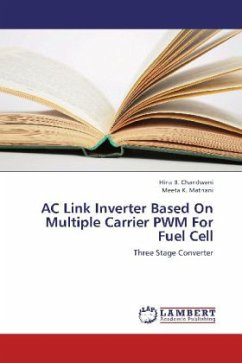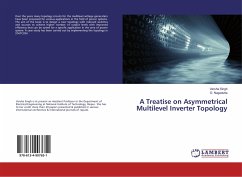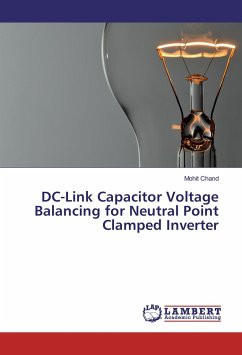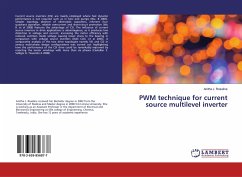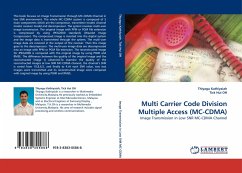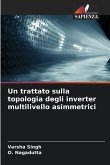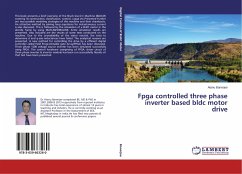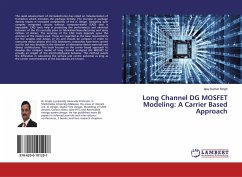The project suggests the development of a low cost fuel cell inverter system. The approach consists of a three-terminal push-pull inverter to boost the fuel cell voltage. High-frequency ac link conversion offers a possible way to reduce the number of power stages, in the form of a cycloconverter. The design minimizes overall system cost including energy storage and management. The design provides low-ripple current-controlled interfacing to the fuel-cell stack, an intermediate-voltage battery energy storage buffer, and an ac-link output inverter. The circuit is based on square-wave cycloconverter technology, combined with a simple approach that produces a patent-pending PWM cycloconverter modulation process. Modulation technique includes multiple carrier PWM which is a direct extension of conventional PWM. The approach keeps the number of stages and magnetic elements low while providing galvanic isolation. The design provides excellent performance with a minimum filter componentsand a simple control.
Bitte wählen Sie Ihr Anliegen aus.
Rechnungen
Retourenschein anfordern
Bestellstatus
Storno

